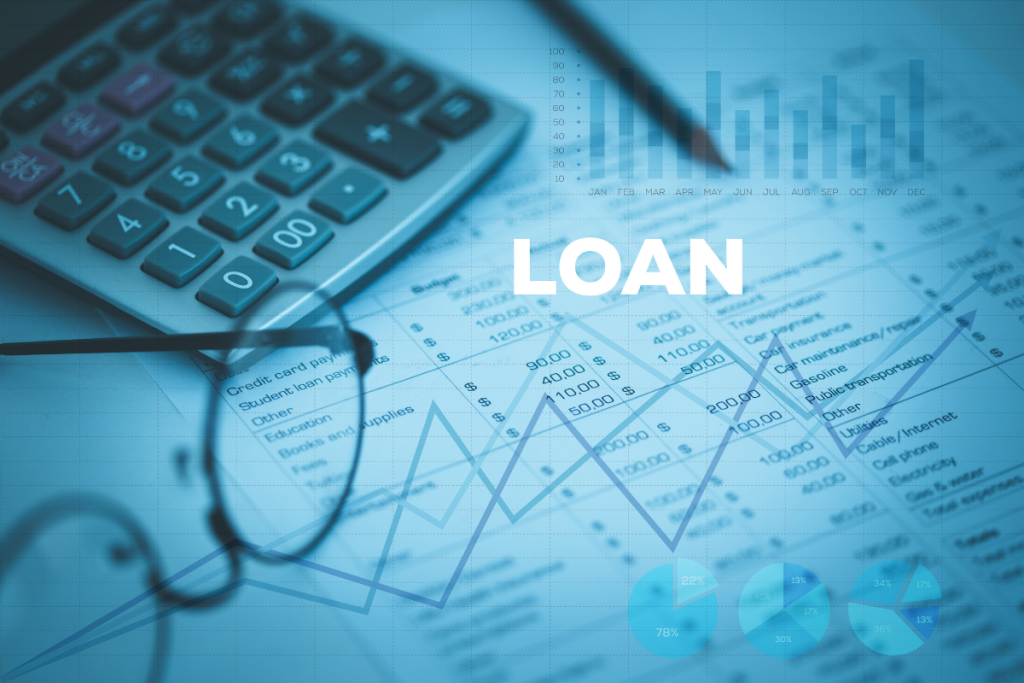In Singapore, borrowing from a licensed money lender is a safe and regulated alternative to informal lending sources. The entire moneylending industry operates under the strict guidelines of the Moneylenders Act (Cap 188), overseen by the Registry of Moneylenders under the Ministry of Law. This framework is designed to ensure that borrowers can access credit in a way that is fair, transparent, and protected from abuse—unlike the risks involved with illegal loan sharks.
A licensed money lender Singapore must meet several important requirements. They must be officially registered, clearly explain loan terms in a language you understand, provide a written contract, and adhere to caps on interest rates, fees, and collection methods. Before granting an unsecured personal loan Singapore, they are also required to check your credit record through the Moneylenders Credit Bureau.
These rules exist to strike a balance—making short-term credit accessible when you need it, while putting safeguards in place to prevent financial exploitation or unmanageable debt.
Borrowing Limits: Secured vs. Unsecured Loans
Secured Loans
If you secure a loan by offering collateral—such as property or investments—the cap on how much you can borrow is determined by the collateral’s value, not statutory limits. For instance, some lenders may offer up to four times the collateral’s appraised value. Interest remains capped at 4 per cent per month, but because the loan is secured, aggregate borrowing limits do not apply.
Unsecured Loans
Unsecured loans—those without collateral—are subject to caps that depend on your annual income and residency status. These limits are aggregate, meaning they apply to the total amount you owe across all licensed moneylenders simultaneously. Updated regulations effective from late 2018 (via the Moneylenders (Amendment) Act and Rules) specify:
| Annual Income | Citizens & PRs | Foreign Residents |
|---|---|---|
| Less than S$10,000 | S$3,000 | S$1,500 |
| S$10,000–S$19,999 | S$3,000 | S$3,000 |
| S$20,000 or above | 6 x your monthly income | 6 x your monthly income |
Example: A Singaporean earning S$2,500/month (S$30,000/year) may borrow up to S$15,000 in total, spread across multiple lenders. A foreigner earning the same has identical borrowing limits. However, a foreigner earning under S$10,000/year (S$833/month) is capped at S$1,500 in total credit exposure .
Regulatory Safeguards and Amendments
Aggregate Loan Caps
Implemented 30 November 2018, the new aggregate caps protect borrowers from taking on excessive unsecured debt .
Credit Reporting
Moneylenders are required to access the borrower’s credit history via the Moneylenders Credit Bureau before granting unsecured loans. This ensures decisions are based on actual repayment capacity.
Self-Exclusion
Borrowers can now opt into a ‘self-exclusion’ framework. Once registered, lenders are prohibited from offering them unsecured loans, helping to manage debt responsible.
Advertising and Collection Practices
Licensed moneylenders face strict advertising regulations—promotions must be limited to their premises, official websites, or listed directories. They are prohibited from cold calls, SMS, or social media ads. Collection methods must be legal and non-threatening. Harassment or illegal tactics are expressly forbidden .
Interest Rates and Fees
Interest Rates
Licensed moneylenders may charge up to 4 per cent per month on the outstanding principal—whether secured or unsecured. Late payment interest is also capped at 4 per cent per month.
Interest is calculated on the remaining principal. For example, if S$6,000 remains from a S$10,000 loan, interest is charged only on the S$6,000
Fees
Permitted fees include:
- Up-front administrative fee: up to 10 per cent of principal.
- Late payment fee: up to S$60 per month.
- Legal costs: only if ordered by court when collecting overdue payments.
Importantly, total permitted charges (interest + fees) must not exceed 100 per cent of the principal — so a S$10,000 loan cannot accrue more than S$10,000 in interest and fees combined.
Who Qualifies for a Loan?
Licensed moneylenders typically set the following criteria:
- ⚠️ Age: Must be 21 years old or older
- Stable Income: Singaporeans/PRs generally need a minimum monthly salary of S$2,000; foreign workers need at least S$3,000.
- Proof of Identity and Income:
- NRIC or passport.
- Employment proof, recent payslips (usually 3 months).
- Proof of residence (for foreigners).
- Bank statements and possibly CPF/income tax documentation
Foreigners may need to provide additional documentation such as work passes or tenancy agreements.
Lenders will also assess creditworthiness using credit bureau reports and may refuse loans if they feel the borrower is already over-extended .
Borrowing Process and Loan Term Options
Licensed moneylenders offer flexible and fast services:
- Provide necessary documents and complete application.
- Lender reviews income, credit history and compliance with caps.
- Loan may be disbursed within hours—even on the same day .
- Interest accrues monthly; repayment schedules are agreed upfront.
- Loan tenures:
- Short-term (payday loans): 1–3 months.
- Personal loans: 6–60 months .
There is also flexibility in repayment frequency—some lenders accept weekly, bi-weekly, or monthly instalments.
Risks & Practical Considerations
Debt Traps
Borrowing from moneylenders can lead to high costs if loans are rolled over or combined. Borrowers must be self-disciplined—missed payments can quickly stack late fees and interest beyond their means.
Borrowing Capacity
The aggregate cap may give a false sense of borrowing capacity. Even if legally allowed, lenders will decline requests if repayment seems uncertain.
Alternatives
Other avenues may be more affordable or suitable:
- Banks: Generally offer lower personal loan rates for well-qualified borrowers.
- Government Assistance: Schemes from agencies such as MSF or MOM may help in financial distress .
- Non-profits and debt counselling: Organisations like Adullam and Arise2Care support borrowers in trouble reddit.com.
Beware of Unlicensed Lenders
Licence-free lenders often employ aggressive and illegal tactics—harassment, property seizure, and clandestine contracts. Borrowers must verify lenders through the Ministry of Law registry and avoid any solicitations outside approved channel. Police operations continue to clamp down on unlicensed lending.
Responsible Borrowing: Best Practices
To borrow safely from licensed moneylenders, consider the following guidelines:
- Borrow within limits: Don’t maximise borrowing just because you can.
- Read every clause: Understand interest, fees, repayment terms, and penalties.
- Maintain documentation: Keep copies of receipts and contracts.
- Check credit history: Use MLCB to ensure accuracy and limit exposure.
- Avoid rolling over loans: Clear debts before taking new ones.
- Self-exclude if needed: Use the framework to block access if you’re struggling
- Explore alternatives: Banks, NGOs, social schemes—some may offer better terms or support.
- Report misconduct: Any suspected illegal lending activity should be reported to police or Registry.
Conclusion

Borrowing from licensed moneylenders in Singapore can provide quick access to funds, especially for those who may be unable to qualify for traditional bank loans. The regulatory framework ensures:
- Strict interest and fee caps (4 per cent monthly interest, maximum S$60 late fee, 10 per cent upfront fee),
- Aggregate unsecured borrowing limits tied to income and residency status,
- Mandatory credit checks, self-exclusion for at-risk borrowers,
- Advertising and collection rules to prevent harassment or overexposure.
Nevertheless, licensed loans remain expensive, and without clear repayment plans, borrowers may find themselves in deeper financial distress. It’s essential to approach borrowing with caution—understanding your limits, considering lower-cost alternatives, and seeking help if debts become unmanageable.
Useful Resources
- Registry of Moneylenders (Ministry of Law) – for licensed lender verification and regulations.
- Moneylenders Credit Bureau (MLCB) – overview and self-exclusion enrolment.
- Social assistance agencies – Adullam, Arise2Care, VWOs offer counselling and restructuring help.
Final Thoughts
In essence, you can borrow:
- Unsecured: Up to S$3,000 (if income < S$20,000), or up to 6× monthly income (if ≥ S$20,000); foreigners earning < S$10,000 get S$1,500.
- Secured: Determined by collateral value, with interest capped at 4 per cent monthly.
Use this borrowing power judiciously. Consult multiple lenders, understand all terms, and ensure repayment fits comfortably within your finances. Responsible borrowing now could save you from future hardship.







